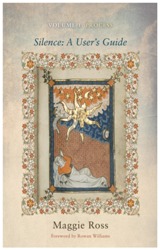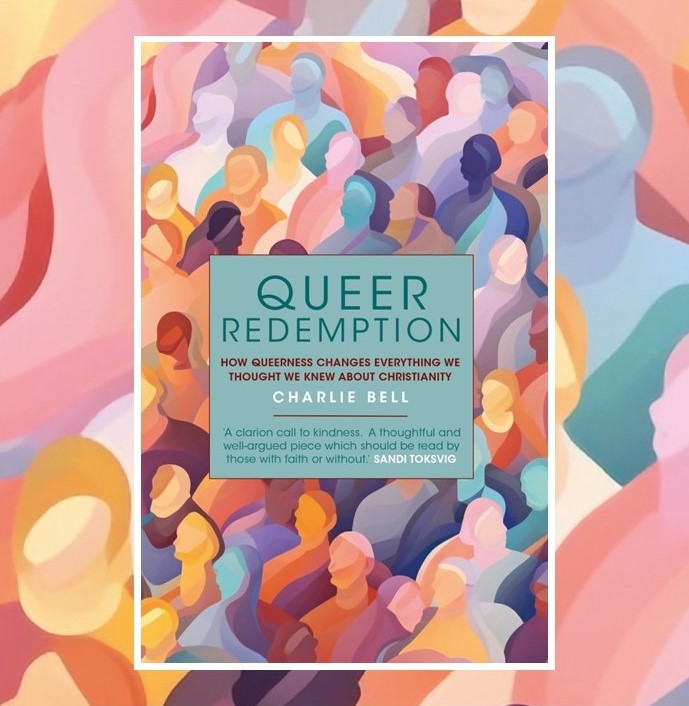Volume 1: Process
By Maggie Ross
‘Maggie Ross writes out of a long and deep experience of silence … She is a sure guide, authoritative and scholarly – her bibliography is formidable. What a splendid gift to God’s children everywhere.’
Desmond Tutu, Archbishop Emeritus of Cape Town, South Africa
‘This book is the work of one of the most independent and ruthlessly realistic religious writers of our time. It is a distillation of many years of labour and reflection, opening a door of vital understanding.’
Rowan Williams, taken from the Foreword to Silence: A User’s Guide
** Major new work of theological spirituality by Christian Solitary Maggie Ross **
** Teaches how understanding silence can recover our humanity and transfigure our lives – “the work of silence” **
The Oxford English Dictionary carries various definitions and explanations of silence – nearly all of them negative: ‘Avoidance of mentioning or discussing something’, ‘prohibit or prevent from speaking’; ‘an eerie silence descended over the house’, ‘Susan had withdrawn into sullen silence.’ Indeed, we often consider the silence of a friend as a sign they are sad, worried, self-conscious.
But real silence, writes Maggie Ross, is a way of being in which self-consciousness, instead of interpreting and transmitting our experiences in distorted, or negative fashion, becomes a receptor for the transfiguration of interpretation that flows from the deep mind.
If we do not open to the gifts of original silence that resides in deep mind, we risk ignoring our souls and becoming an amalgam of beast and computer—a version of the scariest monsters in the BBC television series, Dr. Who, named 'The Silence'—or other negative manifestations. Ross writes: ‘The world is out of joint not only because, from a cultural point of view, our bodies have been cut off from our minds—just one of many consequences of our having lost our relationship with the natural world—but also because our minds, overloaded with extraneous information, and stressed by the frenetic speed required merely to stay alive in our artificial world, have lost their relationship with the original silence from which, and within which, we evolved.’
Silence: A User’s Guide is first of two volumes, and is just what the title says: it is a guide to original silence, which is both a vast interior spaciousness and the condition of our being in the natural world. This book exposes the processes by which silence can transfigure our lives—what Maggie Ross calls "the work of silence": the shifting of the centre from which we draw our energy from the constructs of the virtual world to the wellspring that arises in deep mind. This is a process which anyone can engage, 'literate or illiterate; king or peasant.'
If we are to recover our balance—and our humanity—we need to unblock the flow of communication between the limited world of our self-consciousness that is linear, finite, two-dimensional, static, and dead, and our core silence—our deep mind—that is global, infinite, dynamic, and multi-dimensional.
In eight chapters Silence: A User’s Guide tackles spiritual, theological, psychological, historical and linguistic approaches and attitudes toward silence, and culminates in a picture of what a life lived from the wellspring of silence might look like: a life both liberal and conservative, generous and respectful of all living things.
ABOUT THE AUTHOR:
Maggie Ross is an Anglican Solitary. She lives in Oxford.
For media enquiries, to discuss author interviews or features and/or to request a review copy, please contact Will Parkes at This email address is being protected from spambots. You need JavaScript enabled to view it., tel. 02088 75 2811.
Paperback (228x156mm), 256pp, 978-0-232-5348-0, £14.99, 30 October 2014.

 Follow us
Follow us Connect with us
Connect with us Pinterest
Pinterest Writers' videos
Writers' videos Instagram
Instagram




